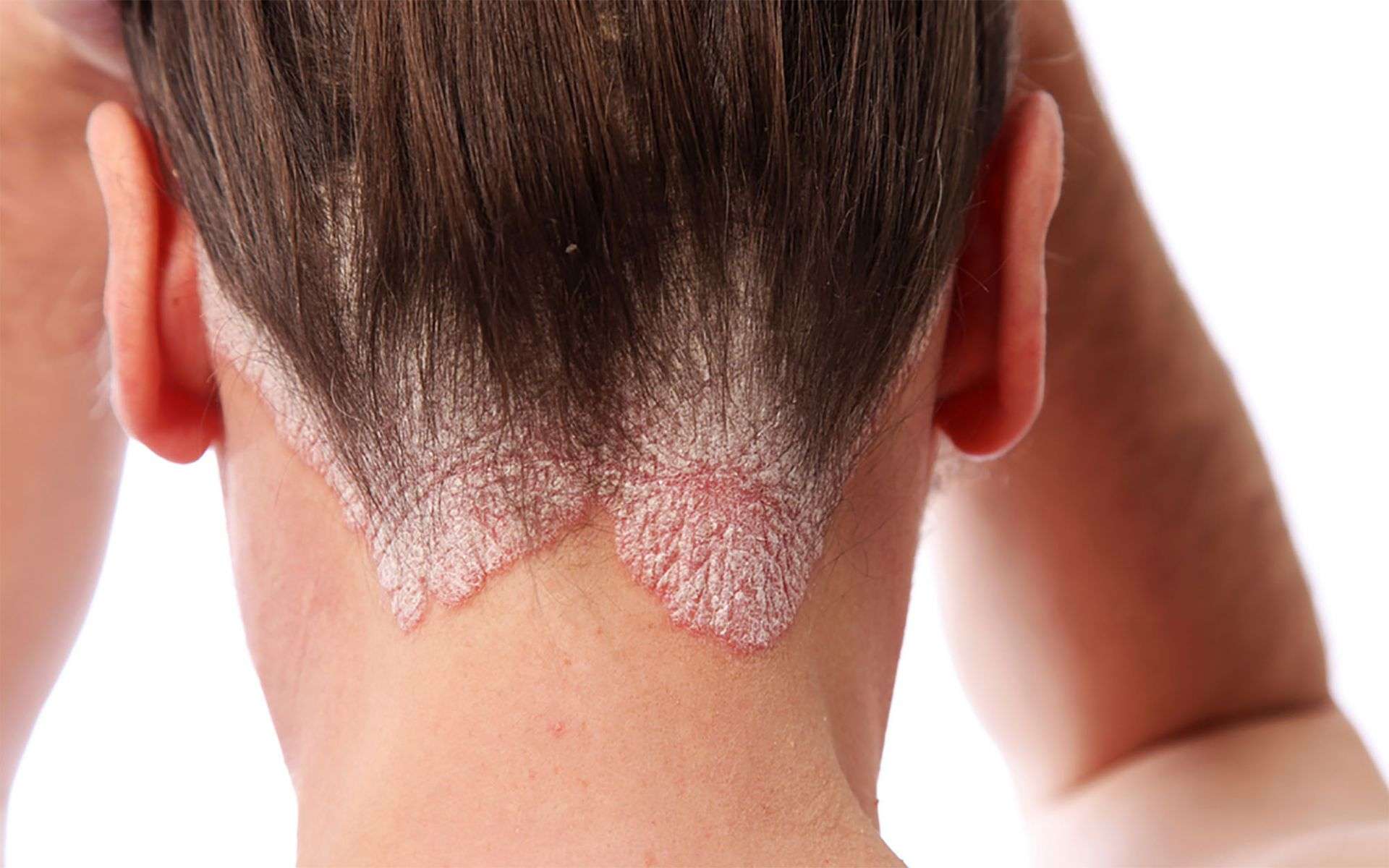Psoriasis

Psoriasis is a chronic disease. It develops when a person’s immune system sends faulty signals that tell skin cells to grow too quickly.
New skin cells form in days rather than weeks. The body does not shed these excess skin cells. The skin cells pile up on the surface of the skin, causing patches of psoriasis to appear.
SCHEDULE YOUR CONSULTATION*
*All consults are subject to a fee.






